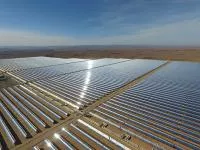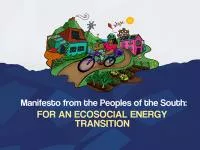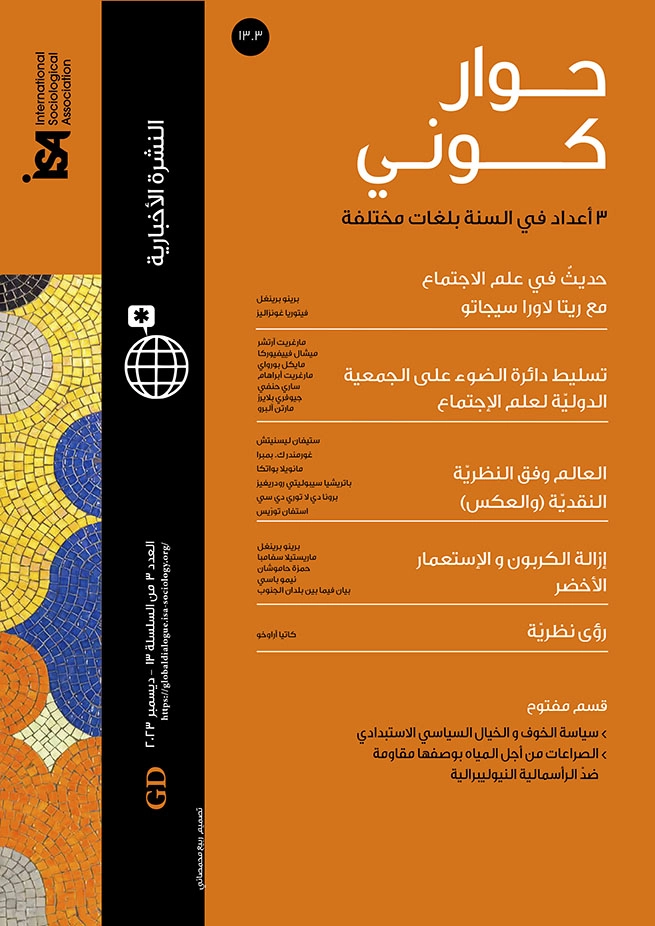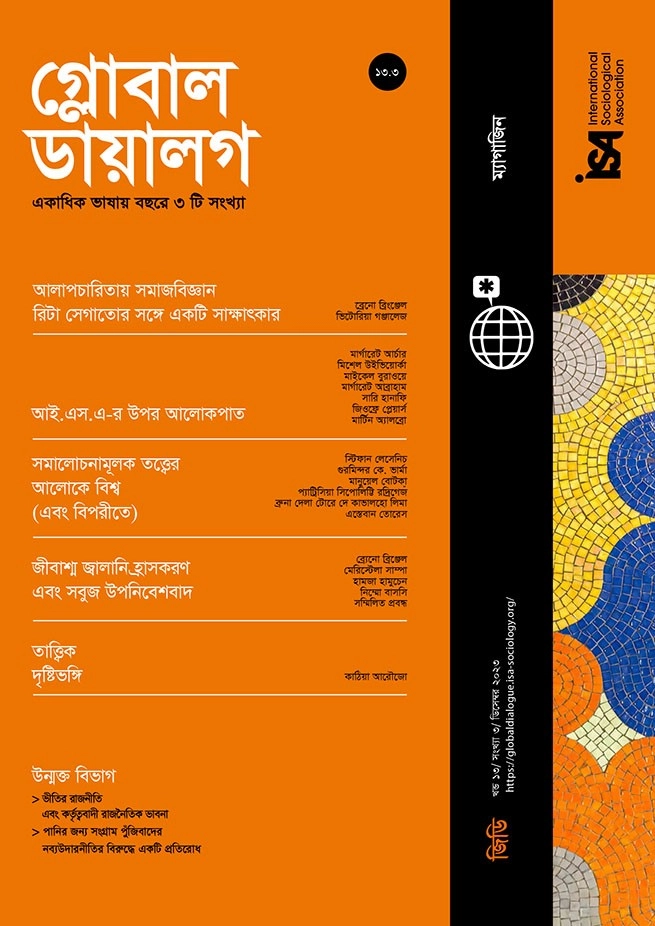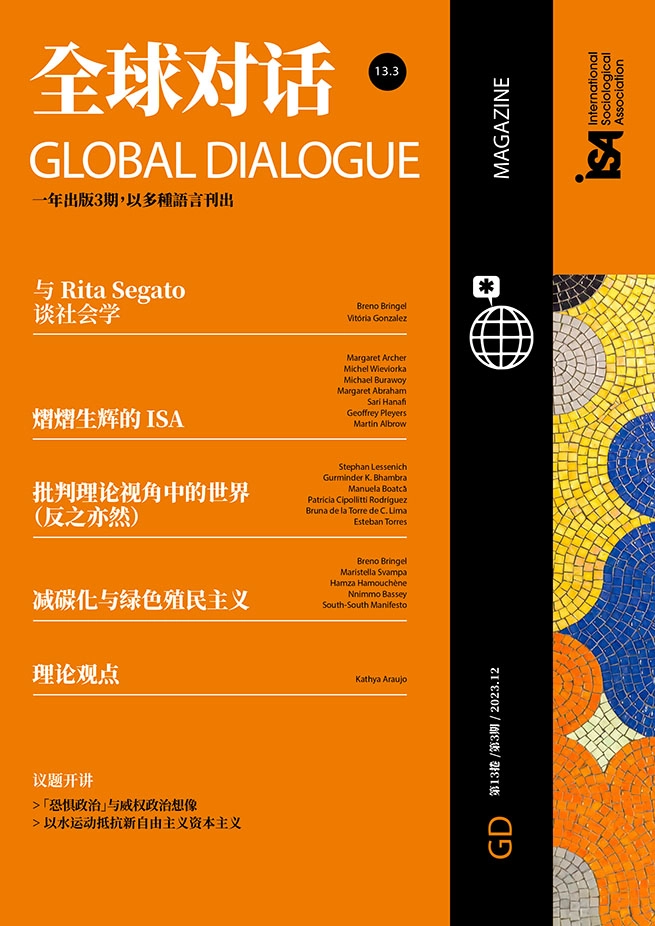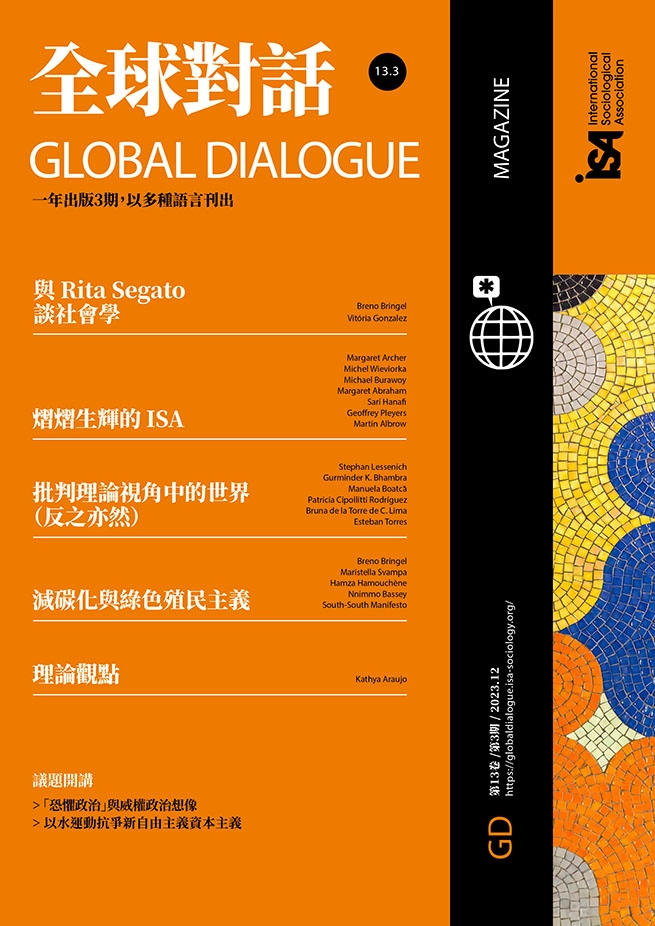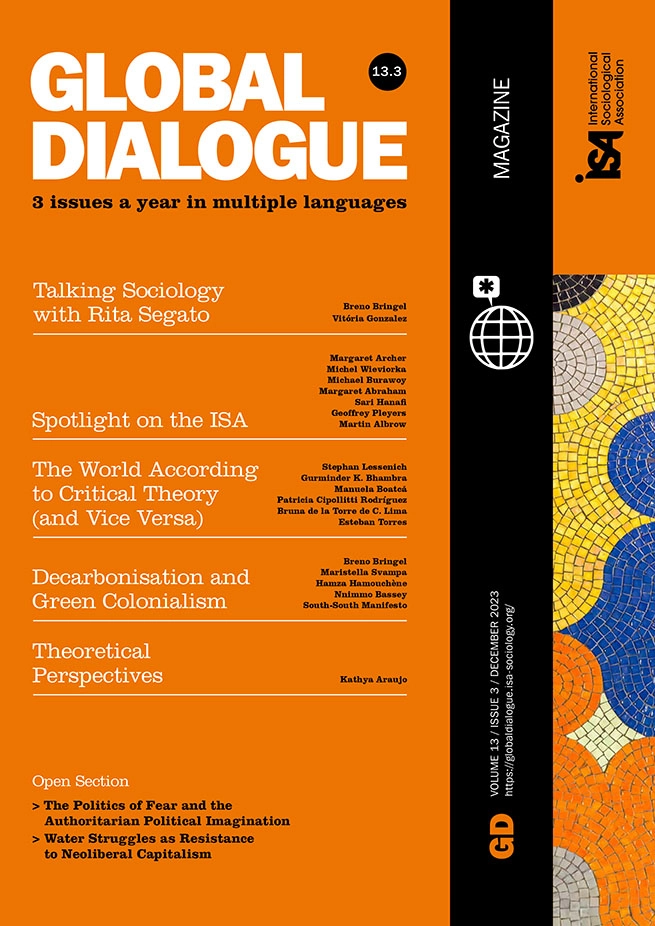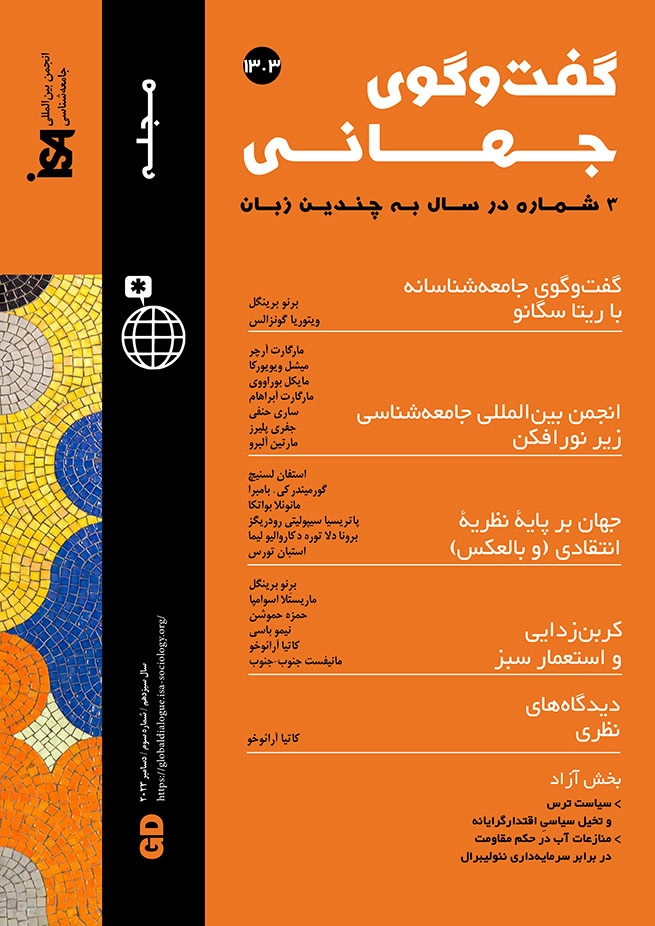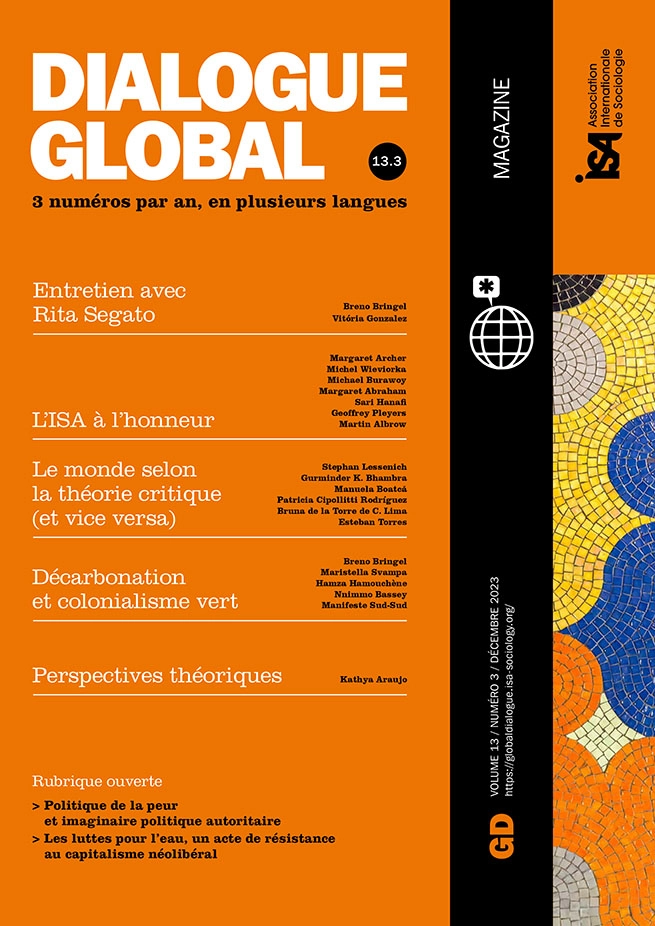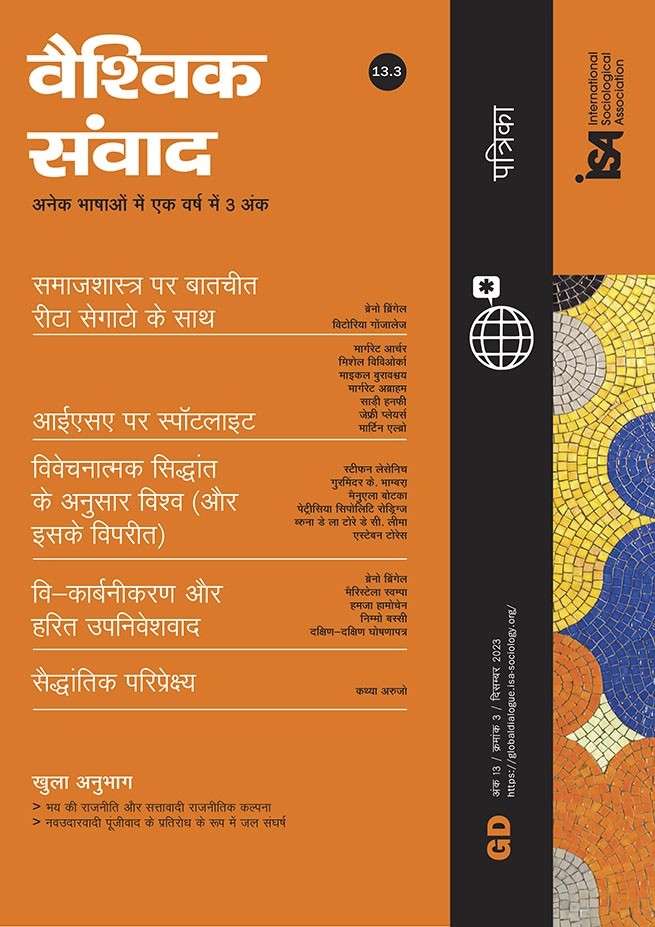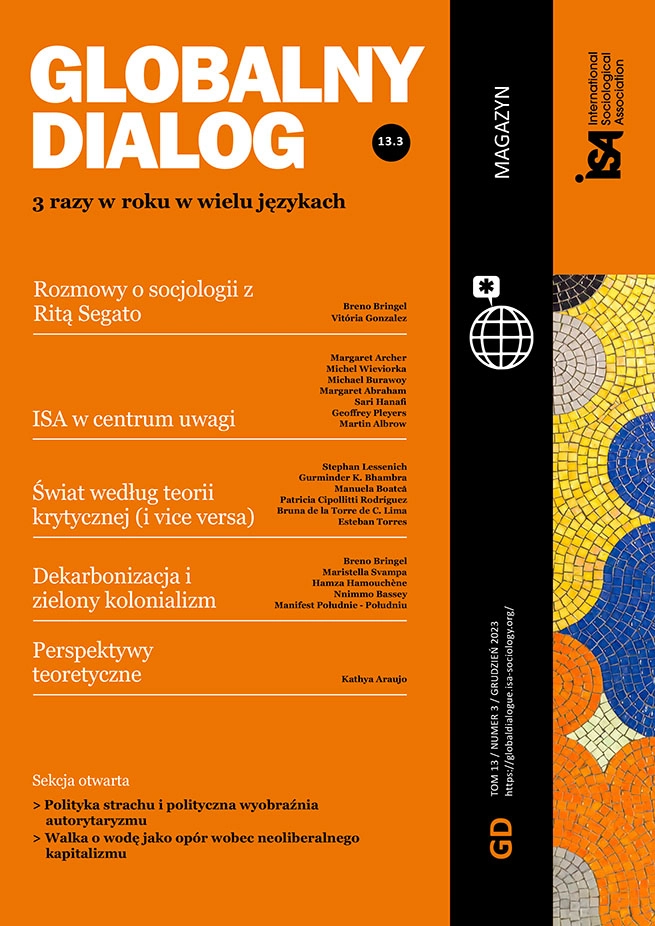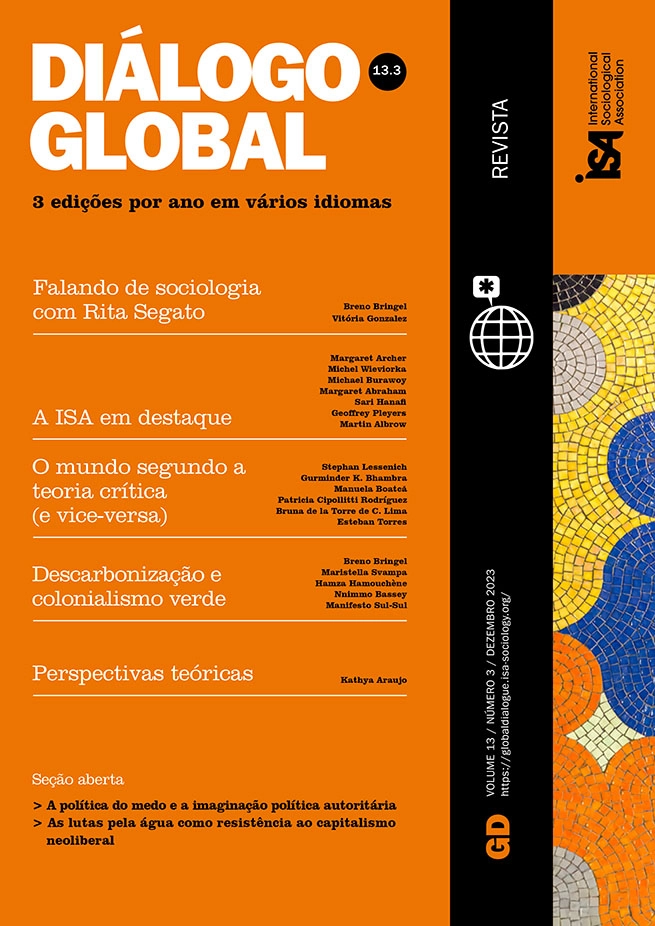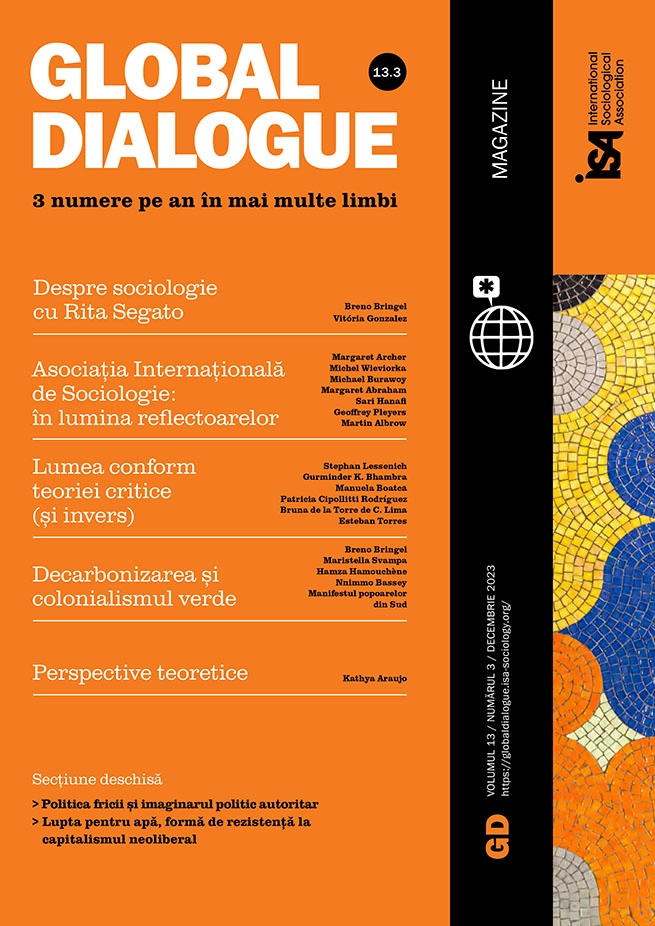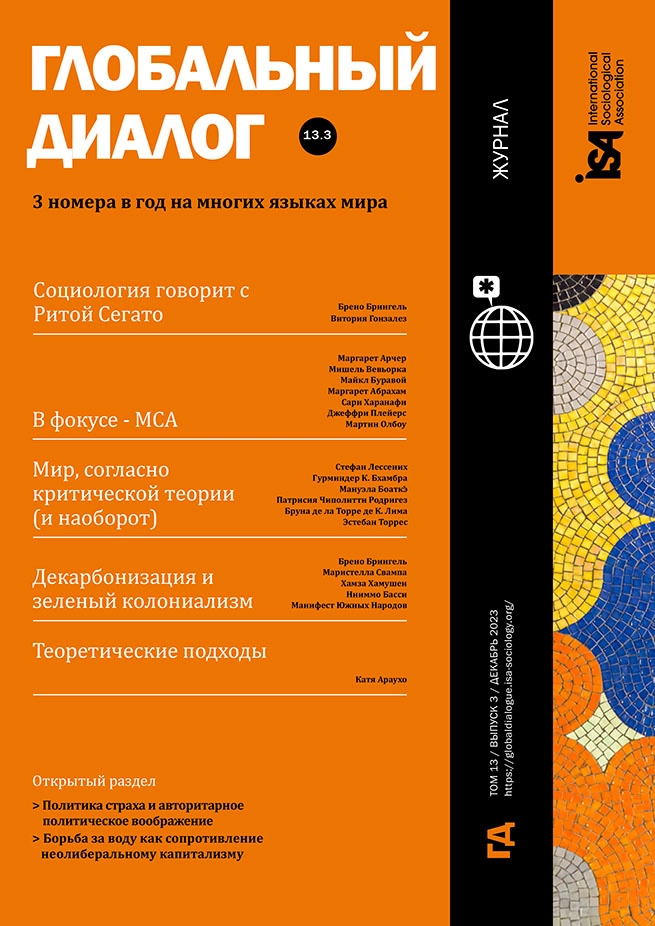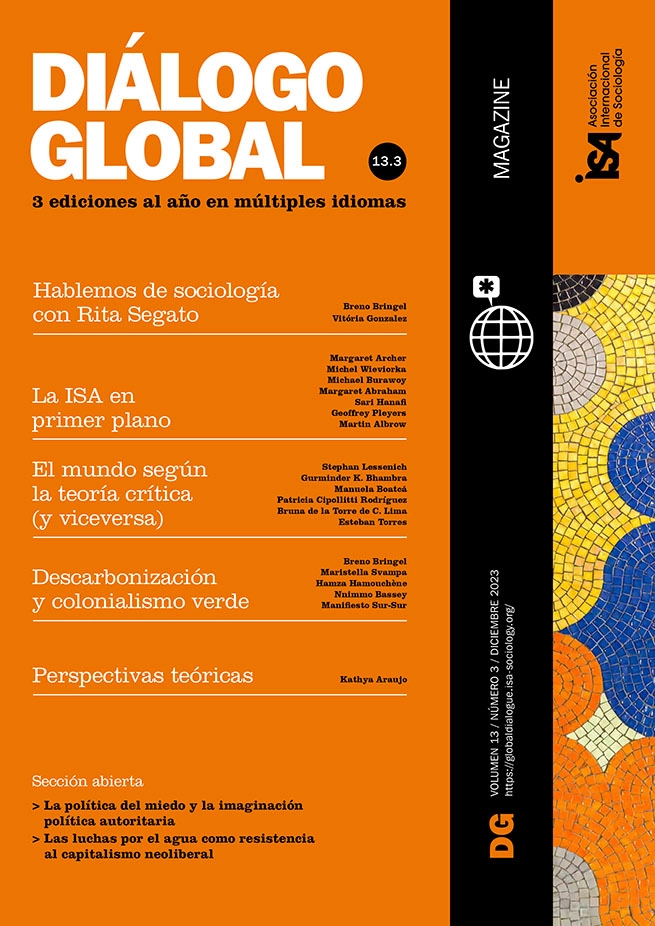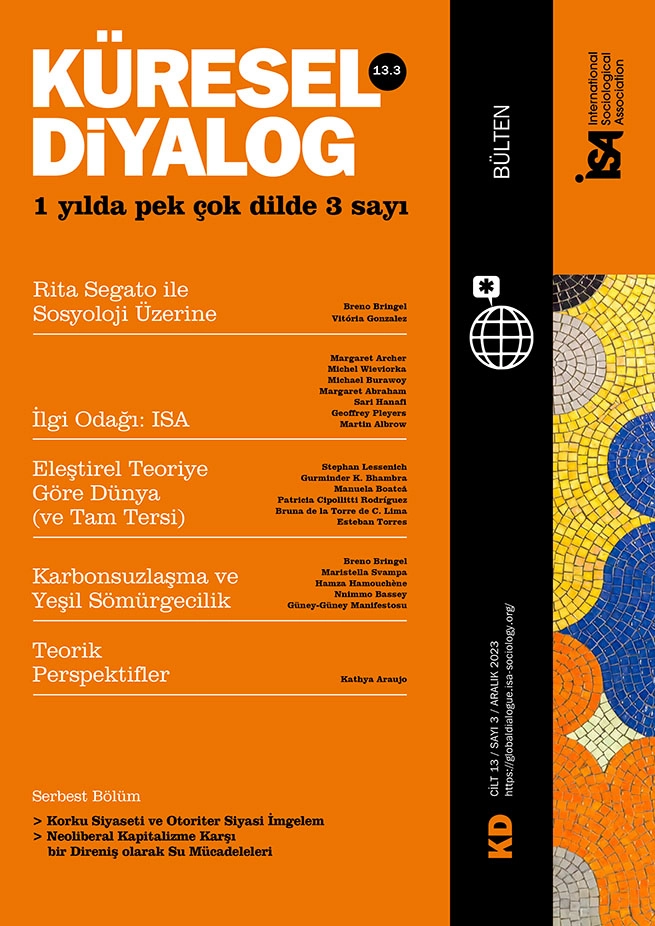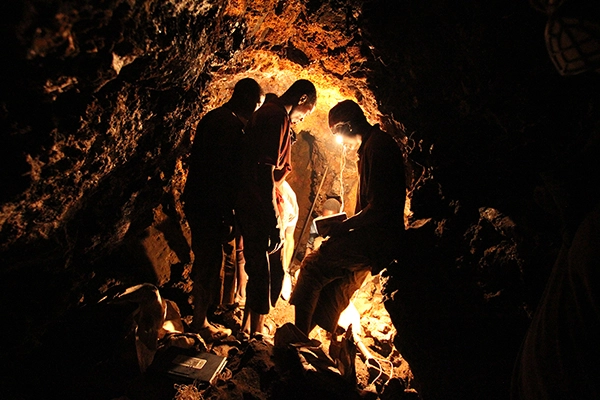Green colonialism is an extension and a merger of political, economic, and socio-cultural colonialism. It has been built and cemented on the deep-seated coloniality through which African leaders have been programmed to believe, for example, in the international system of heritage conservation. Such leaders have utilised so-called international or alien standards to promote their interests. Besides fortress conservation, colonialism sold the local elites the idea of looking to external economies for cash in exchange for natural materials and labour. Neo-colonial states continue this pattern of seeking foreign direct investment (FDI) which primarily extracts labour and raw materials and gives them foreign exchange whose value is set remotely.
Examples of how colonies got trapped in these foreign exchange dead ends can be seen in plantation agriculture, which shifted from cropping for food to cropping for cash. Cash crop agriculture in the colonial era continued exploitative agricultural systems built under slavery. Today, plantation agriculture continues to produce export crops, triggering land grabs and preventing farmers from producing food for their communities. To complicate matters, besides feeding external markets, plantations and monocropping now also provide biofuels for machines or bioenergy. Whether in the agricultural, mining, or fossil fuel sectors, African leaders mainly pursue foreign exchange, at prices they play no role in setting.
Structures erected by colonialism and the postcolonial era dramatically altered the socio-economic and political dynamics of the African continent. The seeds of rent seeking were sown by colonialism and watered by the manipulations of international financial institutions such as the World Bank and the International Monetary Fund (IMF). Debt has also been a tool used to alter developmental imaginaries and pressure countries into opening up more to plunder. Governments are pressured to service external debts, meet import requirements, and give transnational corporations liberal economic conditions, including tax breaks, labour quotas, and the freedom to repatriate all profits in their transactions. They also engage in incestuous partnerships with these corporations, making it impossible to institute severe regulatory oversight. The unwillingness of governments and their inability to control the actions of corporations have led to ecocidal exploitation, which has already created dead zones in some areas.
The consolidation of the freedom to exploit has also been aided by the creation of free trade or special economic zones, which have been characterised as enclaves of exception. One class of free trade zone (FTZ) is the export-processing zone (EPZ), usually set up in developing countries by their governments to promote industrial and commercial exports. Many countries consider those zones the primary stimuli for attracting foreign direct investment. The United Nations Conference on Trade and Development (UNCTAD) reports that there are over 200 special economic zones (SEZs) spread across 38 African countries. It also notes that at least 56 further zones are under construction, and others are still at an early stage of development. About 150,000 hectares of land in Africa is dedicated to SEZs, while over US$2.6 billion have been mobilised in investments into agro-processing, manufacturing, and services.
The regime of extraction for foreign exchange has been a never-ending story of subtraction, adding scant value to the people or planet. Perfunctory voluntary human rights principles and transparency initiatives help corporations greenwash their activities and export dirt via corrupt politicians. This unfortunate situation was foreseen by Frantz Fanon when he noted in his classic book The Wretched of the Earth that colonialism contents itself with bringing to light the natural resources which it extracts and exports to meet the needs of the mother country’s industries, thereby, allowing specific sectors of the colony to become relatively wealthy. “But the rest of the colony follows its path of under‐development and poverty, or at all events, sinks into it more deeply” (p.106).
Fanon saw how colonial structures fragment nations and widen subjectivities that put the brakes on efforts to build African unity. Fanon clarifies how members of the political elite get to see themselves as producers of niches of opportunity for their nations and rent seeking as the engine of progress. This explains why current leaders are so stuck on defending the position that exploiting fossil fuels and other minerals for export/cash is a right that cannot be negotiated. This dynamic also specifies that ecocide must be accepted as omelettes cannot be made without breaking eggs.
Rapacious exploitation requires a thorough rethinking of development. The role of the World Bank and the IMF in enforcing the defunding of social services, including health, education, and economic supports, through their infamous structural adjustment programmes, stands out as colonial manipulation that upended common sense, reversed progress, instituted poverty, and constructed underdevelopment. The perverse influence of these institutions underscores the need to pay close attention to the inequalities in power, using an eco-socialist and anticolonial lens.
The scramble for fossils
In the case of the scramble for African oil and gas, the leaders see only an opportunity for their countries to benefit from fast-tracked projects. The argument is that expanded production will boost energy access for their people, even though this is a fatuous claim given that decades of extraction have yielded only ecological devastation and poverty.
The fixation on colonial trade had built what may also be termed voodoo economics. In this system, cash flows in with little production or transformation of raw materials. This dynamic has entrenched a culture of rentism or dependency whereby African countries depend on multinational extractive corporations for national revenue. Unsurprisingly, oil revenues represent at least 20% of GDP in Libya, Algeria, Gabon, Chad, Angola, and The Republic of Congo. Furthermore, although oil and gas contribute a modest 6% of the real GDP of Nigeria, they account for 95% of foreign exchange income and 80% of government revenue. The African Union group of nations used the COP27 climate negotiations in Sharm-el-Sheikh in 2022 to lobby for the expansion of fossil fuel production in order to benefit from vast natural resources, as richer nations have supposedly done. Their argument is bereft of critical examination of the appropriation and externalisation mechanisms that made it possible for the richer nations to benefit from those resources.
The root of the resource grab in Africa cannot be extricated from colonialism, as this is what provided the base for impunity without fear of being held accountable. Plunder and impunity have grown, with brutal force when necessary. This means that the maps of natural resources and conflicts on the continent overlap almost perfectly. Exploitation has been backed by national armies, special security agents, and mercenaries. Extraction is literally carried out behind military shields, ignoring human and collective rights.
Patrick Bond, a political ecologist, aptly captures the troubling situation of the endless push for fossil fuels in the face of global warming invoking the role of France, South Africa, and Rwanda. “Total’s current operations in Africa follow an old pattern: fossil fuel exploitation and corruption of developing country economies, governments, societies and environments, all backed by French state power.” As support for his assertion, he states that: “Emmanuel Macron [the president of France] made this abundantly clear in 2021 when he insisted on defending Total’s US$20 billion gas assets in Mozambique through military intervention, led by Rwandan and South African soldiers. Pretoria’s sub-imperialist role explains its desperate support for the new oil tycoons with whom Total has been allied since the mid-2010s to exploit large gas reserves and search for new deposits by seismic blasting.”
Bond notes that two forms of resistance have emerged against the revival of fossil imperialism and sub-imperialism along this axis since 2021: violent conflict that has shaken Total, the French oil and gas giant; and environmental and social mobilisations on the South African coastline that have rattled that country’s government.
The role of France, a country that maintains a strict colonial grip on Francophone nations in Africa, is especially interesting. While it has outlawed fracking and crude oil extraction in its territories and has also banned fossil fuel advertisements, its oil and gas behemoth, TotalEnergies, continues to extract elsewhere and most notoriously at Cabo Delgado, Mozambique, from where the first shipment of fossil gas took place as COP27 was happening in Sharm El Sheikh. The timing of the first shipment illustrates how violence has not stopped resource extraction in Africa, as they often go hand in hand. This is epitomised by cases of blood diamonds of Liberia and the ongoing instability in the Democratic Republic of Congo.
Total is one of Cabo Delgado’s most significant players when it comes to gas extraction. The onshore Afungi LNG Park, built for the fossil business, displaced over 550 families to build a 70-kilometre road to the Park, which has an aerodrome as well as treatment plants and port facilities. Coastal fishing communities have been displaced to a “relocation village” that is more than 10 km inland, effectively cutting them off from the sea and denying them their farmlands, fishing grounds, general livelihoods, culture, and everything that matters to coastal communities. Cabo Delgado hosts Africa’s three largest liquefied natural gas (LNG) projects: the Mozambique LNG Project (Total, formerly Anadarko) with a value of US$20bn, Coral FLNG Project (ENI and ExxonMobil) with a value of US$4.7bn, and Rovuma LNG Project (ExxonMobil, ENI and CNPC) valued at US$30bn. Cabo Delgado may be the site of one of the continent’s biggest corporate-made disasters.
In November 2022, Justiça Ambiental hosted a meeting on corporate impunity in Maputo with over 100 community persons from all over Mozambique. During the meeting, a community person declared very poignantly: “For us, the multinational corporations did not bring development, they brought disgrace.” Substitute “multinational corporations” by “colonialism” and a fuller picture emerges. Another delegate at the meeting wondered if the destruction of their land could be called development. He then asked rhetorically: “Is that the development we want?”
Colonialism, whether black, blue, or green, never consults the people. This lack of consultation is bred by an ingrained lack of respect for the people and planet. Playing the colonial game, areas where Total, the oil and gas company, operates are suffering from the rise of social inequalities and the resultant divisions, with the only unifying factor being that they are generally known as Total Areas.
Nnimmo Bassey, Health of Mother Earth Foundation, Nigeria <home@homef.org> / Twitter: @NnimmoB

